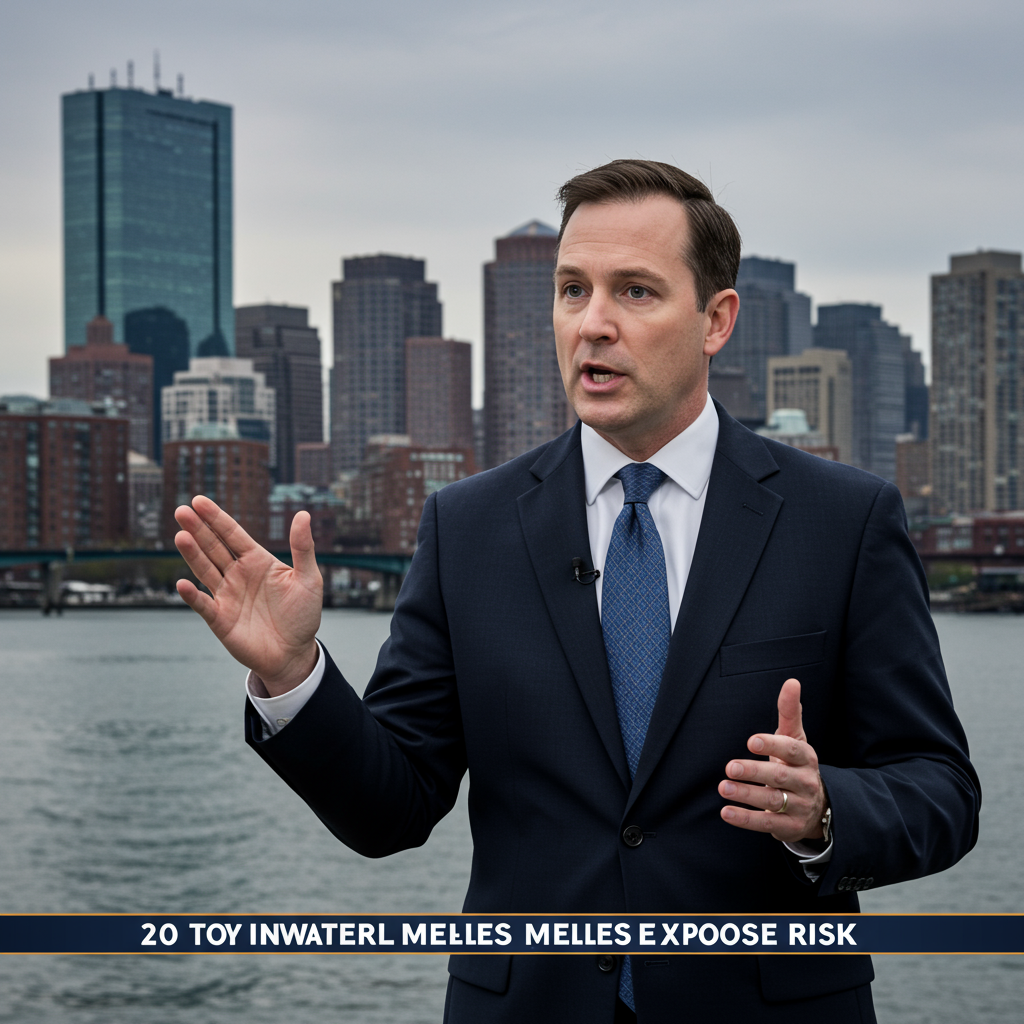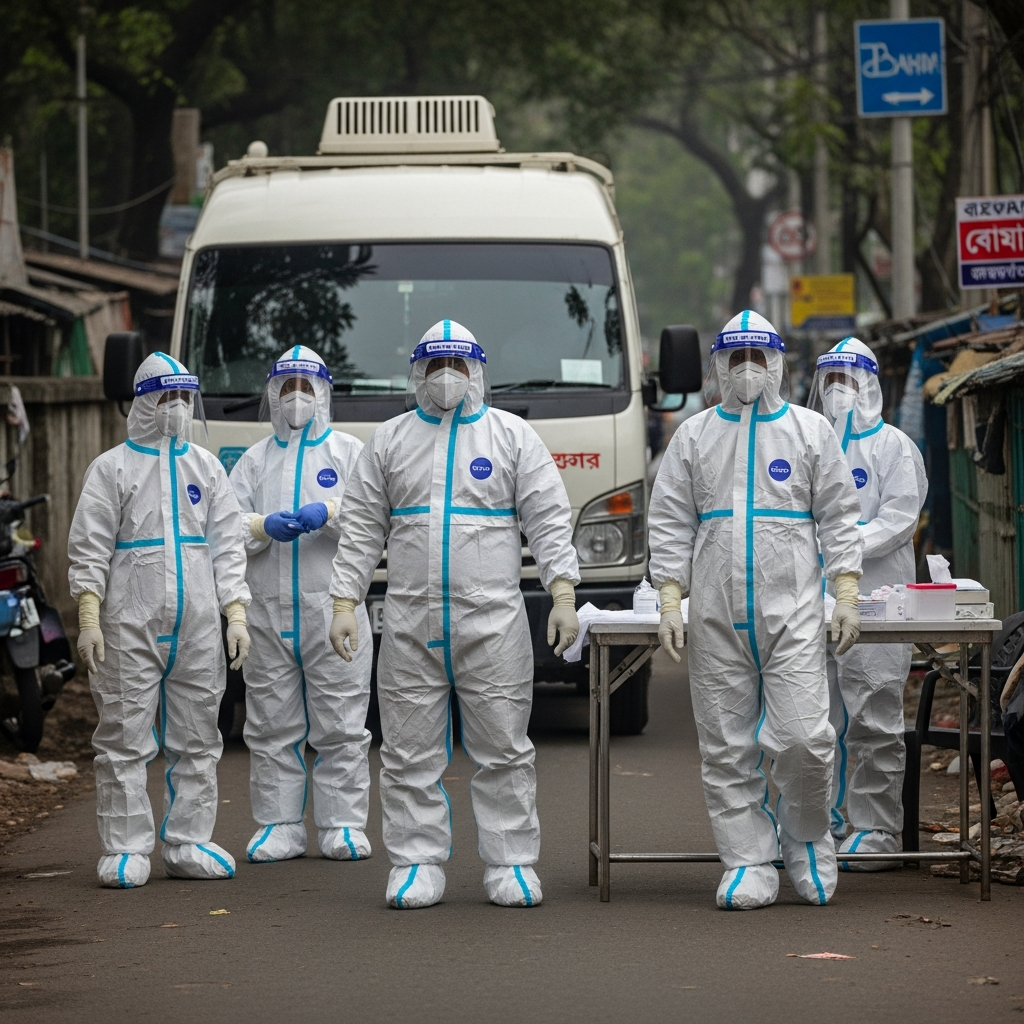Boston Health Officials Issue Measles Exposure Warning
Boston health officials have issued a public health warning following a confirmed case of measles in a traveler who visited multiple locations in the city earlier this month. The Massachusetts Department of Public Health (Mass DPH) and the Boston Public Health Commission (BPHC) are actively working to identify and notify individuals who may have been exposed to the highly contagious virus.
The individual was in Boston from the evening of Friday, June 7, through the evening of Saturday, June 8. During this time, they visited several public places while potentially contagious.
Identified Potential Exposure Locations and Times:
Health officials have specified the following locations where exposure may have occurred:
The Westin Boston Seaport District Hotel: Including its restaurants, from approximately 5:30 p.m. on Friday, June 7, to 1:30 p.m. on Saturday, June 8.
The Museum of Fine Arts Boston: Between 1:00 p.m. and 6:30 p.m. on Saturday, June 8.
Logan Airport Terminal C: From 5:00 p.m. to 11:15 p.m. on Saturday, June 8.
Following their visit to Boston, the traveler departed on JetBlue Flight 639 bound for Miami. Officials noted there was no indication the traveler used public transportation within Boston.
Understanding Measles and Its Risk
Measles is a serious respiratory disease caused by a virus. It is highly contagious and spreads through the air when an infected person coughs or sneezes. The virus can remain infectious in the air and on surfaces for up to two hours after an infected person leaves an area.
Symptoms typically appear 7 to 21 days after exposure and often begin with flu-like signs such as:
High fever
Cough
Runny nose
Red, watery eyes
These initial symptoms are usually followed within a few days by a characteristic red, blotchy rash that starts on the face and spreads downwards. On individuals with darker skin tones, the rash may appear brown or dark purple.
Health Officials Take Action
Boston Public Health Commissioner Dr. Bisola Ojikutu stated that the BPHC is leading contact tracing efforts in collaboration with Mass DPH, the visited locations (the hotel, museum, MassPort), and the Centers for Disease Control and Prevention (CDC).
“Everything we’re doing is about preparedness,” Dr. Ojikutu commented. She emphasized that the focus is on notifying the public and potentially exposed individuals directly as more information becomes available.
Vaccination Remains the Best Protection
Health officials strongly underscore the importance of vaccination against measles. The Measles, Mumps, Rubella (MMR) vaccine is highly effective, providing 93% to 97% protection against measles infection with two doses.
“This case of measles highlights the importance of obtaining the MMR vaccine to protect ourselves and our community,” said Dr. Ojikutu, noting its effectiveness against mumps and rubella as well.
Boston benefits from a high childhood vaccination rate; approximately 94% of children in the Boston area are vaccinated against measles. Officials expressed hope that this strong community immunity would help limit the number of cases resulting from this exposure and prevent a large outbreak, even as measles cases are seeing an increase elsewhere in the United States. Officials also highlight that it’s never too late for unvaccinated children or adults to receive the vaccine for protection.
Guidance for Potential Exposure
Individuals who were at the listed locations during the specified times and who are not vaccinated against measles should:
- Immediately contact their healthcare provider for guidance on testing and monitoring.
- Monitor themselves for symptoms for 21 days following their potential exposure date (up to approximately June 29).
- If symptoms develop, self-isolate by staying home and away from others.
- Call ahead before* visiting a doctor’s office, urgent care, or emergency room to inform them of potential measles exposure so they can take precautions.
- Individuals who are potentially exposed and unvaccinated should generally avoid public places during the monitoring period.
People who have received two doses of a measles-containing vaccine or were born before 1957 are generally considered immune and at low risk from this exposure and do not need to take action unless advised otherwise by a healthcare professional.
For the latest information and guidance from the Boston Public Health Commission regarding this situation, visit the official city website at boston.gov/measles.




